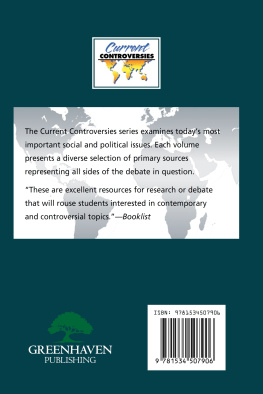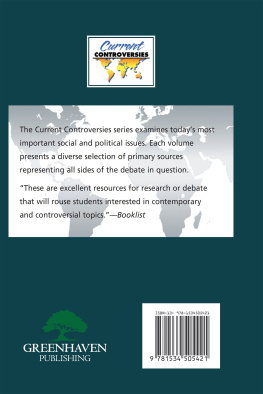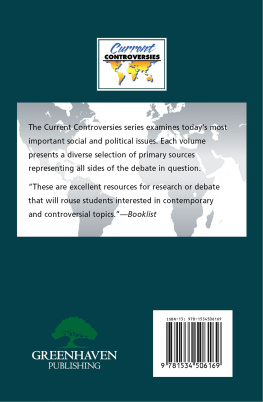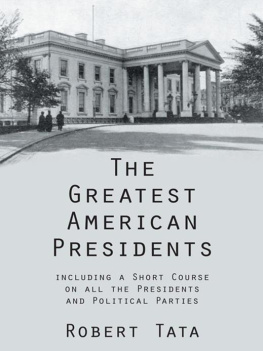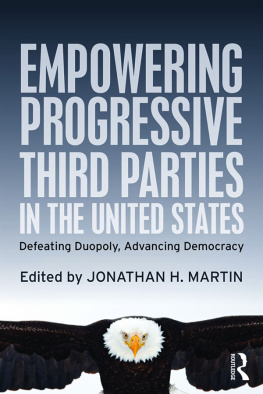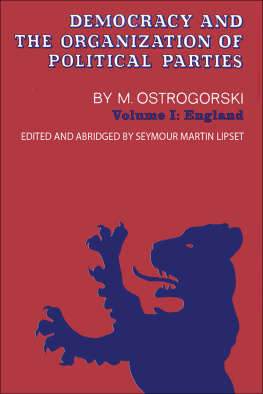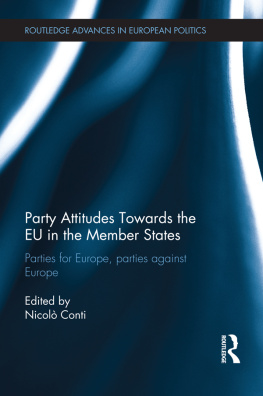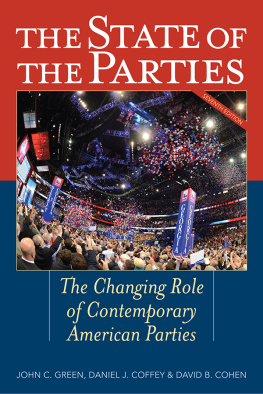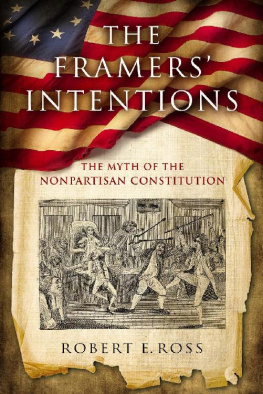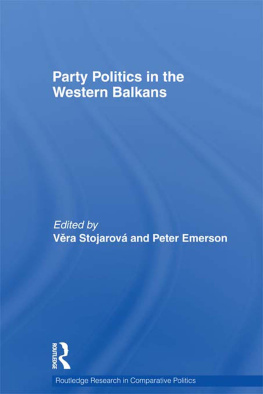
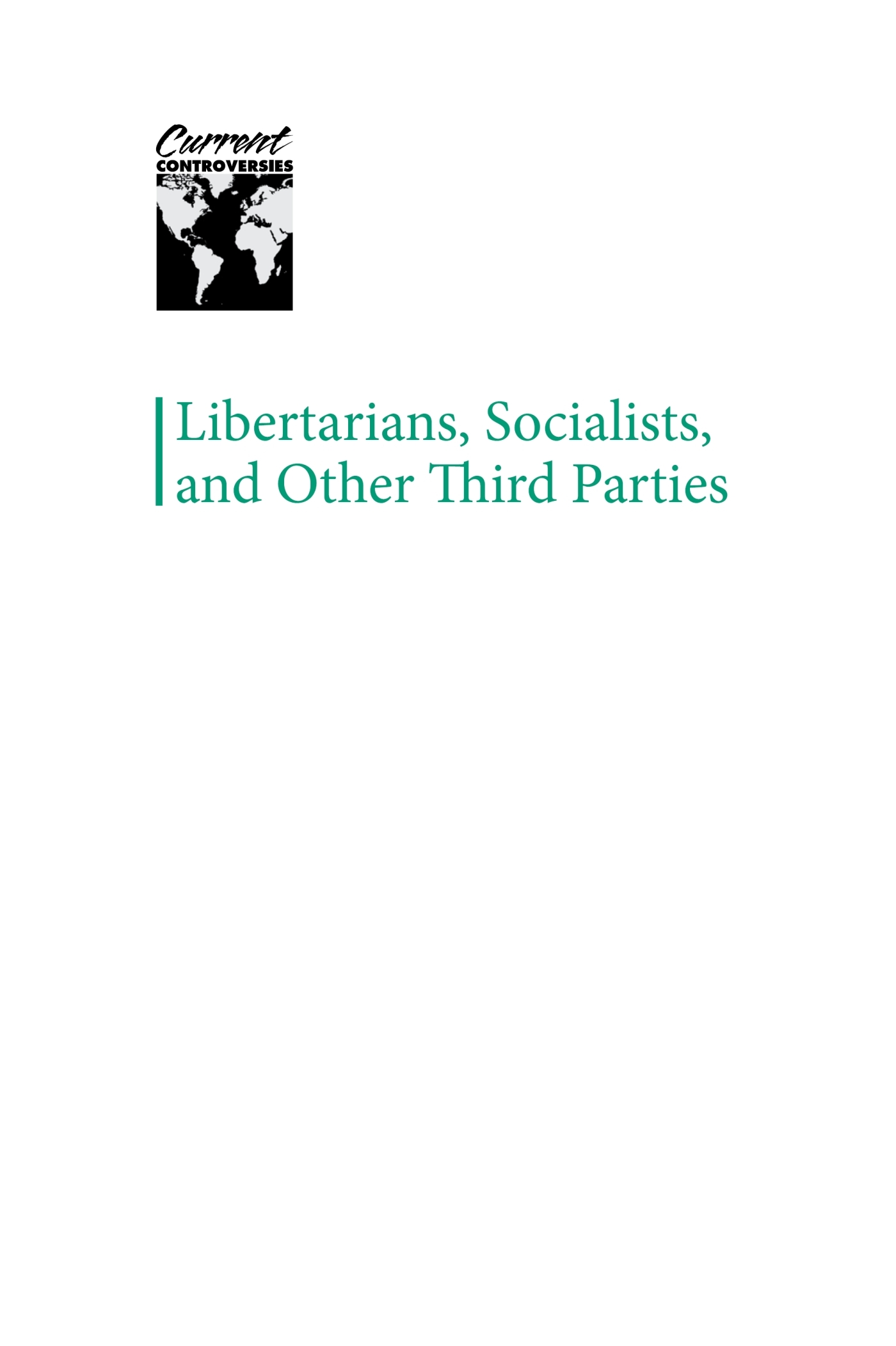
Other Books in the Current Controversies Series
Agriculture
Attacks on Science
Domestic vs. Offshore Manufacturing
Fossil Fuel Industries and the Green Economy
The Gig Economy
Hate Groups
Holocaust Deniers and Conspiracy Theorists
Immigration, Asylum, and Sanctuary Cities
The Internet of Things
Nativism, Nationalism, and Patriotism
Sustainable Consumption
Published in 2022 by Greenhaven Publishing, LLC
29 East 21st Street, New York, NY 10010
Copyright 2022 by Greenhaven Publishing, LLC
First Edition
All rights reserved. No part of this book may be reproduced in any form without permission in writing from the publisher, except by a reviewer.
Articles in Greenhaven Publishing anthologies are often edited for length to meet page requirements. In addition, original titles of these works are changed to clearly present the main thesis and to explicitly indicate the authors opinion. Every effort is made to ensure that Greenhaven Publishing accurately reflects the original intent of the authors. Every effort has been made to trace the owners of the copyrighted material.
Cover image: Ink Drop/Shutterstock.com.
Library of Congress Cataloging-in-Publication Data
Names: Heing, Bridey, editor. | Grove, Erica M., editor.
Title: Libertarians, socialists, and other third parties / Bridey Heing and Erica Grove, book editors.
Description: First edition. | New York: Greenhaven Publishing, 2022. | Series: Current controversies | Includes bibliographical references and index. | Audience: Ages 15+ | Audience: Grades 1012 | Summary: This volume examines the role of third parties in American politics and the extent to which they can exercise influence Provided by publisher.
Identifiers: LCCN 2020050226 | ISBN 9781534507906 (library binding) | ISBN 9781534507883 (paperback) | ISBN 9781534507913 (ebook)
Subjects: LCSH: Third parties (United States politics)Juvenile literature. | Political cultureUnited StatesJuvenile literature.
Classification: LCC JK2261 .L53 2022 | DDC 324.273dc23
LC record available at https://lccn.loc.gov/2020050226
Manufactured in the United States of America
Website: http://greenhavenpublishing.com
Kristina Nwazota
Third-party candidates are sometimes elected to state and local office, and they can help push certain issues into the mainstream.
Yes: Third Parties Are an Important Part of US Politics
Domenico Montanaro
Many Americans have views that fall somewhere in the middle of the two major political ideologies, which means they generally are not committed to voting for candidates from one particular party.
Jo-Ann Mort
In recent years, left-wing politicians have often been deemed un-American for taking socialist stances, but several socialists have influenced US politics throughout history.
Daniel P. Franklin, Abigail C. Bowen, and Judd Thornton
Though third-party candidates are unlikely to be elected president, they do have a chance to influence which candidate does get elected.
No: The Two-Party System Is Fundamentally American
J. J. McCullough
Since the mid-twentieth century, party primary elections have been open to anyone, which has enabled the parties to adapt to the changing values and priorities of voters.
Tom Murse
Most Americans choose to be affiliated with one of the two major parties, and those who are politically independent tend not to organize.
Dan McLaughlin
The Republican and Democratic Parties have existed for more than 150 years. The Republican Party has a more cohesive identity but has difficulty broadening its appeal, while the Democratic Party has wider appeal but less stable coalitions.
Spark Notes
The two main parties control federal and state governments and make the rules for elections, and since they are motivated to stay in power, election policies often support the two-party system.
Yes: Third Parties Do Not Play a Useful Role in American Politics
Nick Gillespie
A 2017 Gallup poll found that 61 percent of Americans support the idea of a viable third-party option since the two main political parties have become increasingly polarized. But history suggests that change can only be made from within the two main parties.
Katie McNally
There were a few occasions in the twentieth century when third-party candidates impacted presidential elections, ultimately stealing votes away from Republican and Democratic candidates and quite possibly changing the results of these elections.
Terrence Casey
While the UK once had a stable two-party system, numerous third parties have led to political gridlock. It is likely the same would happen in the US if a multiparty system took hold.
No: Third Parties Deserve to Be Part of the Political Process
Fran Shor
Many accuse Ralph Nader of spoiling the 2000 election by taking votes from Democratic candidate Al Gore. However, the support for Nader was a direct response to the Clinton administration.
Dominic Dezzutti
There are numerous ways in which third-party candidates more closely reflect the average voter. Voters should be able to choose candidates that reflect their own values.
Robert Longley
Third parties were behind the womens right to vote, child labor laws, limitations on working hours, social security, income taxes, and immigration restrictions, among others. Modern third parties are impacting contemporary politics as well.
Daniel Bush
Increasing polarization among major party presidential candidates may give third-party candidates a better shot at success in the future, but numerous variables make this hard to predict.
Yes: Third Parties Are Just as Capable of Representing American Values as the Two Major Parties
Jim Jonas
The two major political parties have formed an electoral system that makes it nearly impossible for third-party candidates to have a fair shot. Increased competition in the form of third-party candidates would make for a healthier electoral system and encourage candidates to better represent the average Americans values.
Oishimaya Sen Nag
Historically, some third-party and independent candidates have won a significant number of votes from the Electoral College and in the popular vote. This viewpoint examines ten cases in which third-party candidates were able to gain support in presidential elections and make a difference in the political system.
Lauren Gambino
The Democratic Socialists of America (DSA) has gained traction in recent years, particularly among young voters. This is likely because young people are increasingly disillusioned by capitalism since they came of age during the global financial crisis of 20072008.
Gene H. Bell-Villada
Writer and political philosopher Ayn Rands libertarian ideals of limited government, spending cuts, and the protection of individual liberties have resonated with mainstream Republicans in recent years.
No: Ultimately, Third Parties Cannot Sufficiently Represent the Values of Average Americans American Voters Favor Democrats and Republicans, Making Third Parties Unviable
Marshall Terrill
Adding a third party into the mix likely would not solve the problem of political polarization. In fact, countries that have more than two major political parties are often polarized as well.
Next page
